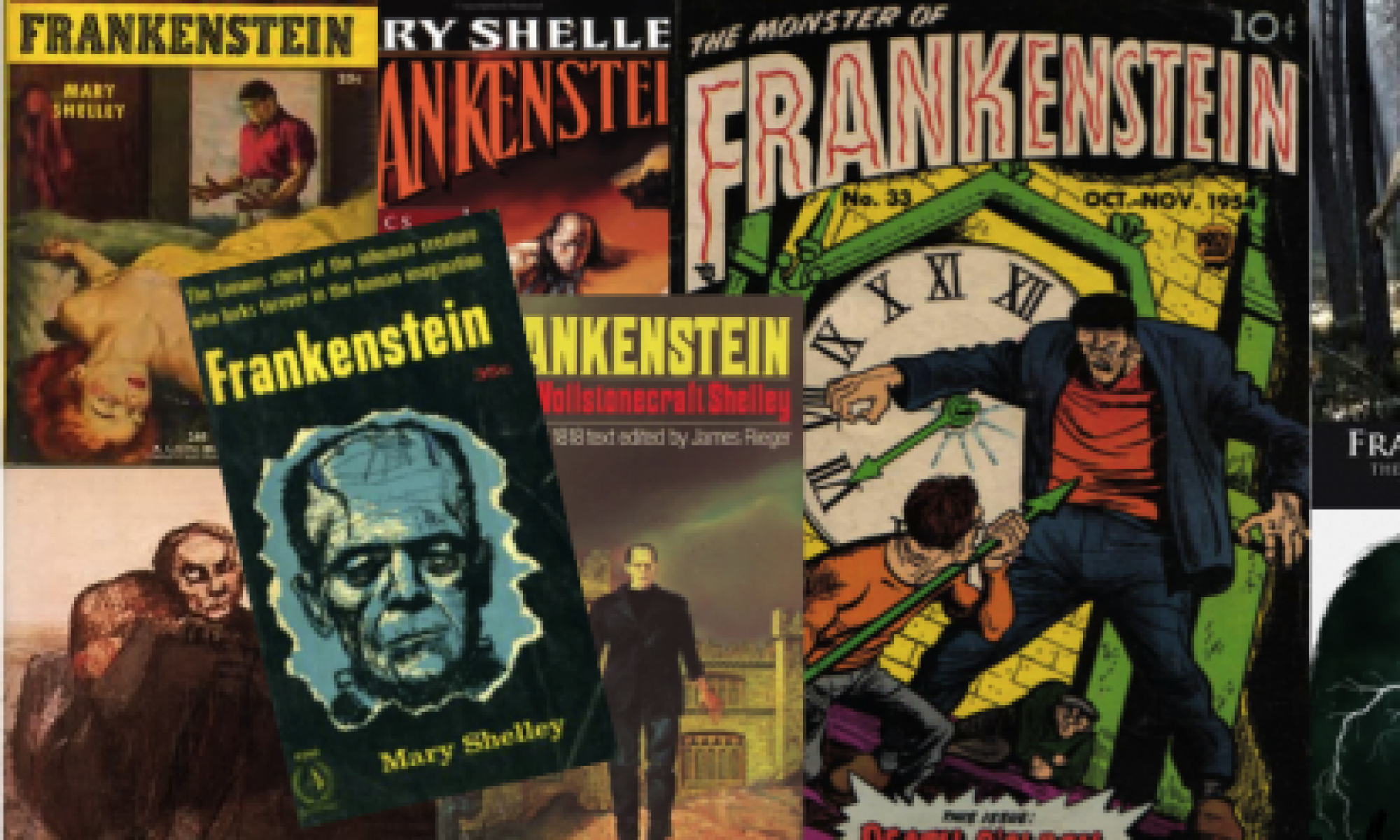In the book Jane Eyre, Charlotte Brontë goes through such corrupt and detrimental life alterations that one would at least believe Jane deserves a happy ending. Even though Jane’s relationship with Mr. Rochester may be unconventional and confrontational, she does eventually end up marrying him out of love. The language of the novel in the ending begins to have more of a romantic dialect that Brontë had not used at any other point in the novel. Jane Eyre says in one of her final passages that “no woman was ever nearer to her mate than I am: ever more absolutely bone of his bone, and flesh of his flesh” (Brontë). The phrase “bone of his bone, and flesh of his flesh” directly alludes to the Bible and gives the impression of Jane and Rochester as the current Eve and Adam.
The “happy ending” has generated much debate over the way Brontë decided to conclude her book. Some could interpret Jane as having willingly offered her autonomy supporting the idea that she is no longer her own person. Jane and Rochester have fused together, sharing one hear, and each possessing the “bone” and “flesh” of the other. Another way to conclude this transition at the end is by arguing that Jane is renouncing her powers of thought and expression. These are two characteristics that have explained and designated Jane for most of the novel. Even Jane compares her thinking to her conversations with Rochester. Despite ten years having passed since the wedding, the otherwise expressive Jane suddenly is not capable of expressing herself in the presence of Rochester.
The reader can interpret the book’s conclusion with a more positive outlook as well. It can be read as Jane’s way of expressing equality between Rochester and herself. Throughout the whole book, Jane sets the stage of a patriarch. Even though Rochester carried himself as a controlling patriarchy character, his personality by the conclusion has changed. Rochester has lost his house, his hand, and his eyesight. In a larger sense, Rochester cannot act as if he is Jane’s “master”. Jane realizes this change and says to Rochester she can “be useful to you, than I did in our state of proud independence, when you disdained every part but that of the giver and protector” (Brontë). Through every experience, Jane becomes more aware of herself. She is self-sufficient that she can take care of Rochester and not have to feel dependent upon anyone. When Jane goes to Rochester this second time, she has a support system at the Moor House, unlike before when she solely depended on Rochester for emotional support. Jane enters into marriage with confidence and she lets the audience know by saying “Reader, I married him” (Brontë). Her marriage is not merely a connection of two people but exemplifies the escape that Jane has been searching for the entire book. In Jane Eyre, Brontë allows the reader to decide whether Jane’s conclusion was meant for the readers to express discontent due to the tragic paradox of her situation or acknowledges her journey to freedom.
